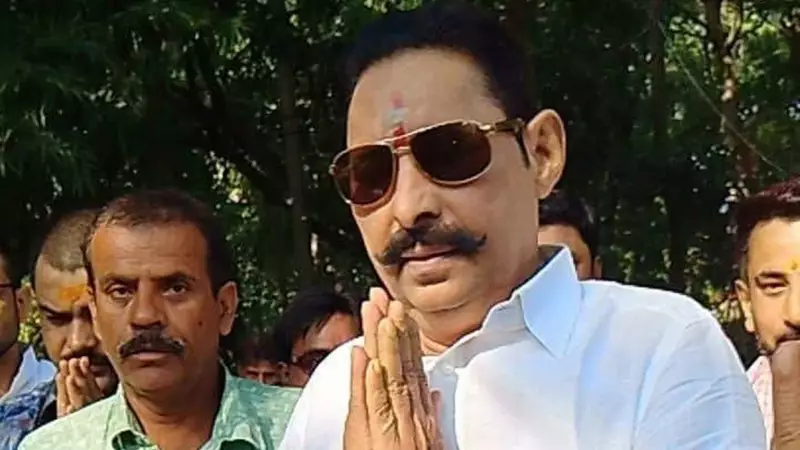
In a remarkable political development that has captured national attention, Janata Dal (United) leader Anant Singh has secured a decisive victory in the Mokama assembly constituency while contesting the election from judicial custody. The incarcerated politician defeated his nearest rival by an impressive margin of 28,600 votes, demonstrating significant voter support despite his legal troubles.
From Jail Cell to Victory: Anant Singh's Unprecedented Win
Anant Singh was arrested on November 2, 2025 in connection with the murder case of Dular Chand Yadav, a supporter of the Jan Suraaj Party. The victim was killed during a political rally in Mokama on October 30, just days before the election. Despite being behind bars during the entire campaigning and voting process, Singh managed to mobilize substantial voter support in his favor.
This victory marks Singh's sixth consecutive win from the Mokama constituency, solidifying his political dominance in the region. The election results have sent shockwaves through political circles, raising questions about voter priorities and the influence of local leadership versus legal accountability.
Political Journey and Electoral History
Before joining the JDU, Anant Singh had contested elections as an Independent candidate, establishing himself as a formidable political force in the area. His ability to secure repeated victories indicates deep-rooted support among constituents, which apparently remained unaffected by his incarceration during this election cycle.
The election commission had made special arrangements to facilitate Singh's nomination and campaigning from jail, following established legal protocols for candidates in judicial custody. His supporters conducted an aggressive campaign on his behalf, emphasizing his development work in the constituency and his track record of addressing local issues.
Broader Implications for Indian Politics
This unprecedented victory raises important questions about Indian democracy and voter behavior. Political analysts are examining what this result indicates about public perception of candidates facing serious criminal charges. The outcome also highlights the complex relationship between electoral politics and the judicial system in India.
The substantial victory margin of 28,600 votes suggests that either voters were unconvinced by the allegations against Singh or they prioritized his track record of service over the pending legal case. Alternatively, it could reflect dissatisfaction with opposition candidates or broader political trends favoring the ruling coalition.
As Singh prepares to take his legislative position while potentially remaining in judicial custody, constitutional experts are examining the procedural aspects of how an incarcerated MLA can perform his duties. The case sets a significant precedent in Indian electoral history and will likely influence future political strategies and voter decisions in similar circumstances.






